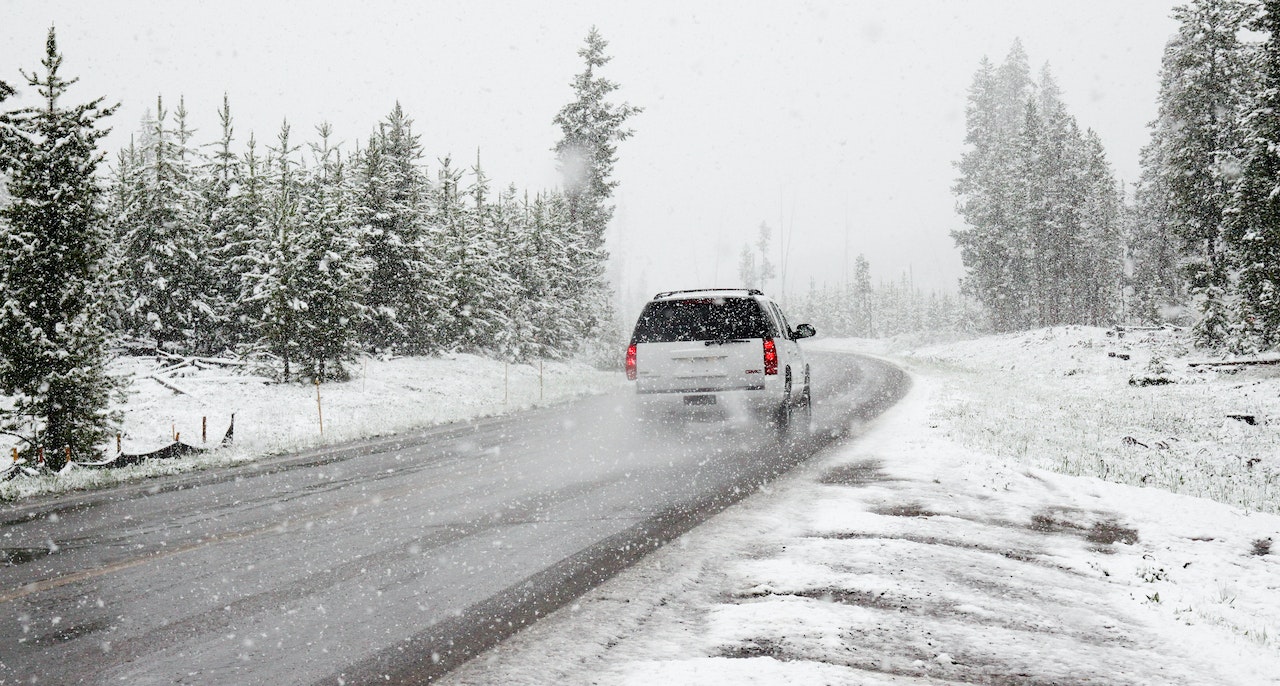If you have been injured on a road or other public place, whether in a car crash or a slip and fall, it is important to consider possible municipal liability. Under Alberta law, municipalities (cities and towns) need to keep their roads and other public places in a reasonable state of repair. Failure to do so can lead to negligence claims.
This article looks at some of the principles of municipal liability law, including the circumstances in which those injured in accidents may be able to claim against the municipality. The legislation is complex, so it is important to receive specialized advice from an experienced personal injury lawyer.
The Municipal Government Act requires repair of roads, public places and public works
Under the Municipal Government Act (Act), municipalities must keep every road and public place subject to their control and management in a reasonable state of repair. This includes all public works on the road or public place put there by or with the permission of the municipality.
If the municipality fails to do so, it may be liable for the damage caused depending on the particular circumstances. In order for the municipality to be held liable under the statutory cause of action, its acts or omissions need to have fallen below the standard of care and this needs to have caused the injury. The Act contains some guidance on determining the required standard of care, noting that reasonableness depends on the character of the road, public place or public work, and the area of the municipality in which it is located.
The Act also requires that the municipality knew, or should have known, of the state of repair. As a result, the municipality might be able to avoid liability if it did not receive a report of the hazard and took reasonable steps to prevent the disrepair.
The duty extends beyond simply keeping roads and public places in reasonable repair
The courts have held the municipal duty under the Act extends beyond merely keeping roads and public places in reasonable repair. Courts have decided that there is a duty to prevent or remedy conditions that create an unreasonable risk of harm. This may include an obligation to address matters that would be considered routine maintenance, such as the build-up of dirt and gravel, and other matters that impact safety.
As a result, municipal negligence could potentially arise in a range of circumstances, such as:
- road accidents caused by highway disrepair;
- car crashes resulting from malfunctioning traffic lights;
- slip, trip and fall accidents on public sidewalks or crosswalks; and
- injuries from accidents occurring in other public places, such as public parks.
However, there are a range of statutory exceptions
The Act contains a range of exceptions that may result in the municipality avoiding liability for the accident.
For example, the municipality:
- cannot be held liable for damage caused by systems of inspection or maintenance or the manner in which such systems are performed;
- is not liable unless the plaintiff suffers a particular loss beyond that suffered by all others;
- can prove that it took reasonable steps to prevent the disrepair from arising as a defence to a claim; and
- is not liable for damage caused by the presence or absence of various things in, on, along or next to a road, such as walls, fences, railings, pavement markings, traffic control devices or barriers.
Plaintiffs need to notify the municipality within 30 days of the event
One thing those injured need to keep in mind is the need to take prompt action. Getting advice from a personal injury lawyer is important because the Act imposes an extremely short notification period.
A person bringing a claim under the Act needs to notify the municipality within 30 days after the occurrence of the event. Failure to do so is likely to bar the action. There are only three exceptions:
- there is both a reasonable excuse for the plaintiff’s delay and the municipality is not prejudiced by the lack of notice;
- the event the subject of the claim resulted in death; or
- the municipality agrees to waive the notice requirement and does so in writing.
Different rules apply where there is snow on roads or sidewalks
Municipalities are held to a different standard in the case of snow, ice or slush on roads or sidewalks. Instead of the requirement to keep the road in a reasonable state of repair, the municipality is only liable for an injury if it is grossly negligent.
A person bringing a claim for an injury caused by snow, ice or slush has even less time to notify the municipality of the claim. The injured person needs to notify within 21 days after the occurrence of the event. Again, the action will be time-barred unless one of the three exceptions set out above applies.
Contact the Personal Injury Lawyers at Cuming & Gillespie LLP for Advice on Personal Injury Claims Against Cities and Towns
Bringing a personal injury claim against a city or town is subject to different rules than suing a private party. With short notification deadlines, a stricter standard for claims involving snow or ice on roads and sidewalks, as well as various other statutory exceptions, you need an award-winning personal injury firm if you have been injured in a public place.The personal injury lawyers at Cuming & Gillespie LLP in Calgary will review the specific circumstances of your situation and let you know whether you have a strong case. Allow us to advocate for your rights and seek the compensation you need to recover from your injury. Over the past two decades, we have successfully resolved hundreds of personal injury cases, and recovered millions of dollars in compensation for our injured clients. Call us today at 403-571-0555 or contact us online to book an appointment for a free consultation.

